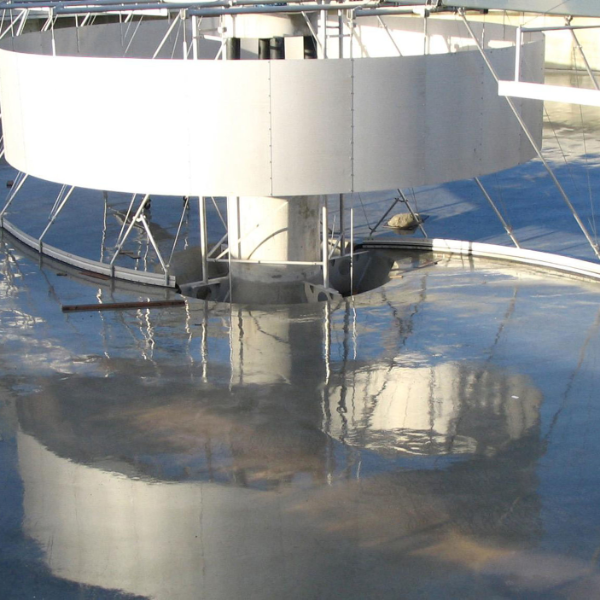Research into innovative approach to removing drug residues from wastewater

Research into innovative approach to removing drug residues from wastewater
In January 2017, Witteveen+Bos, Delft University of Technology, Nijhuis Water Technology, STOWA and Waternet launched laboratory research into an innovative method for removing remnants of medication from domestic wastewater. An examination is under way to see whether the use of an ozone and active carbon filter (O3GAC), as an extra step in the treatment process, can turn micro-pollutants like medication remnants into harmless substances.
The laboratory research is an important element in developing a post-treatment method for purifying domestic wastewater, one of the cornerstones of the Water Quality Plan of Action of the Delta Programme for Water Quality and Fresh Water, signed by the Minister of Infrastructure and the Environment on 16 November 2016.
Witteveen+Bos has been cooperating with Waternet and STOWA since 2007 on developing the 1-STEP® filter (One Step Total Effluent Polishing), a filtration technology usable at sewage treatment plants for the post-treatment of effluent. With a view to removing micro-pollutants like medication remnants more effectively, the use of an ozone and active carbon filter (O3GAC) is now the subject of further study. At the lab set-up at the Delft University of Technology, the O3GAC principle is being tested at laboratory scale in a small trial. O3GAC is a triple barrier, meaning that it relies on oxidisation, adsorption and biologically active filtration. The ozone breaks down micro-pollutants into small pieces. This is not yet possible in the full-scale 1-STEP® filter now being used. Subsequently, adsorption and biological conversion occurs in the active carbon filter, thus minimising the emission of by-products. In the follow-up phase, there will be an examination of whether simultaneously nitrogen and phosphate can be removed from the water.
Field research
If the laboratory research at Delft University of Technology proves successful, a start will be made in autumn 2017 on a demonstrator project at the Horstermeer sewage treatment plant, where the 1-STEP® filter has already been used successfully for many years This will involve examining the treatment performance of the filter and the design principles in a real-life setting. Witteveen+Bos will oversee the project and supervise performance of the demonstration study. The demonstration set-up will also be tested over a three-month period at Aquafin in Flanders and for three months at Wasser Verband Eifel-Rur in Germany. The objective is to learn from the experiences gained at other treatment plants, to investigate the international potential of this technology, and to promote knowledge-sharing.